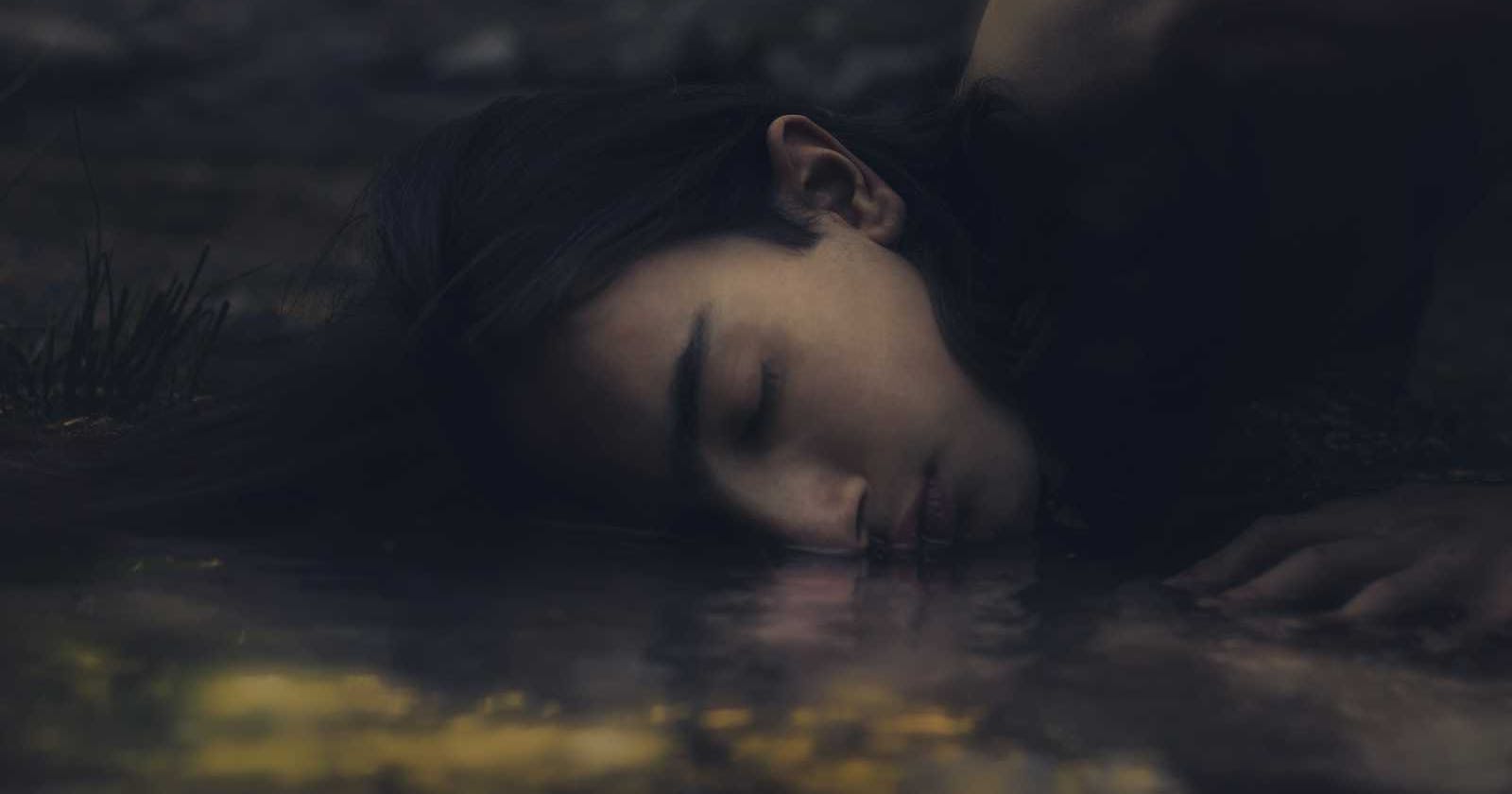
Photo by Batuhan Doğan on Unsplash
Do You Believe In Dreams?
The involuntary images and sensations that flood our minds during sleep—do they hold any deeper meaning?
At first, it felt like a normal dream after a long day, but now I was starting to wonder if there was something more to these dreams. Were they premonitions, messages from beyond, or simply my subconscious playing tricks?
I jolted out of bed with sweat drops trickling down my already damp face. I could feel my heart thumping like it was dancing to the beats of Ijele - the renowned masquerade in my hometown. With my eyes wide awake with terror, I frantically reached out for the akupe I used to occasionally swat mosquitoes that tormented me. I was drifting between reality and illusion; my hairs were on end, and my breath caught in my throat as I was consumed by a paralyzing dread.

I hadn’t been in the village long enough to acquaint myself with the traditions of my village. But I had stayed long enough to know that the appearance of the Ijele masquerade meant something - death. You see, Ijele embodies the spirit of our ancestors, revered for their role in guiding and protecting the living. The masquerade serves as a conduit to commune with them and honor their legacy. So, as I lay there, I couldn’t shake the thought: who had passed away? My mind raced through a mental list of family members, but none seemed to fit the bill.
"We shall not die but live," I whispered, seeking comfort in scripture, yet unease persisted. Faith had always been my shield against whispers of precognition, but this dream clung to me like cobwebs. My heart was pounding as fast as panic rose.
You see, I never believed in dreams as premonitions. I am a devout believer who stashes away every thought of clairvoyance as discernment from the Holy Spirit, precognition as words of knowledge, and telepathy as mere science fiction.
I checked the time; it was 2:17 AM—the witching hour, according to my grandma's stories. I remember my grandma telling me of the spirits coming out to converse by this time. With each passing moment, I was overcome by a guttural terror, as if the spirits of the night had awoken, their wails echoing through the silence of my quiet neighborhood. I swore I saw shadows walk through my bedroom curtain. The eerie silence petrified me. I tried reciting the Lord’s prayer and Psalms 91 in a bid to calm my already terrified self. Nothing was working. Even reciting prayers brought no solace, only more visions of Ijele dancing to the haunting rhythm of the ogene and ikoro drums.
Eventually, exhaustion overtook me, and I fell into a fitful sleep. and this time my dreams were conversations filled with warmth and guidance with my favorite uncle, who also happened to be the Opara Ikwu (eldest kinsman) in my kin. This was hearty and cheery. He advised me on the next steps as the first son of the family. He taught me the traditions and customs. He showed me the ropes of decision-making. His parting words—“Your time is now”—lingered long after I awoke.
Life marched on. The only oddity? I forgot about my uncle's passing four years prior.
Until the unexpected occurred: my father became one of the ancestors, six months later.
The funeral felt eerily familiar—a déjà vu I couldn’t shake. Stepping into the role of Opara Ikwu, I grappled with a sense of foreboding—I had lived this reality in my dreams.
I realized science cannot explain our cultural heritage. Our ancestors are still speaking to us.
Though I remain steadfast in my faith, I now acknowledge the truth: dreams can be more than mere figments of imagination; they may hold glimpses of the future.
I now acknowledge the truth some dismiss: dreams can be premonitions.
The answer, like belief itself, is personal. The decision of whether to believe in dreams and extrasensory perception (ESP) is personal and varies from person to person. It's influenced by our own experiences, the culture we're part of, and our beliefs. Some people fully embrace these concepts, finding comfort and motivation in the mysterious nature of dreams and ESP. Others are more doubtful, wanting solid proof or logical explanations before they believe.
But regardless of whether we believe in dreams and ESP or not, they make us think and wonder. They remind us of how vast and mysterious the human mind is, and they encourage us to consider things beyond what we know for sure. So, even if we don't fully believe in them, dreams and ESP still have a way of sparking curiosity and inspiring us to explore the unknown aspects of our existence.
So, next time you drift into sleep, pay heed to the whispers of your subconscious. Who knows what secrets it may reveal?
A tuoro omara, o mara, a tuoro ofeke, o fenye ishi n'ohia.
"A wise one understands the message; a fool flees into the wilderness."
In dreams, wisdom may lie hidden, waiting to be discovered.
